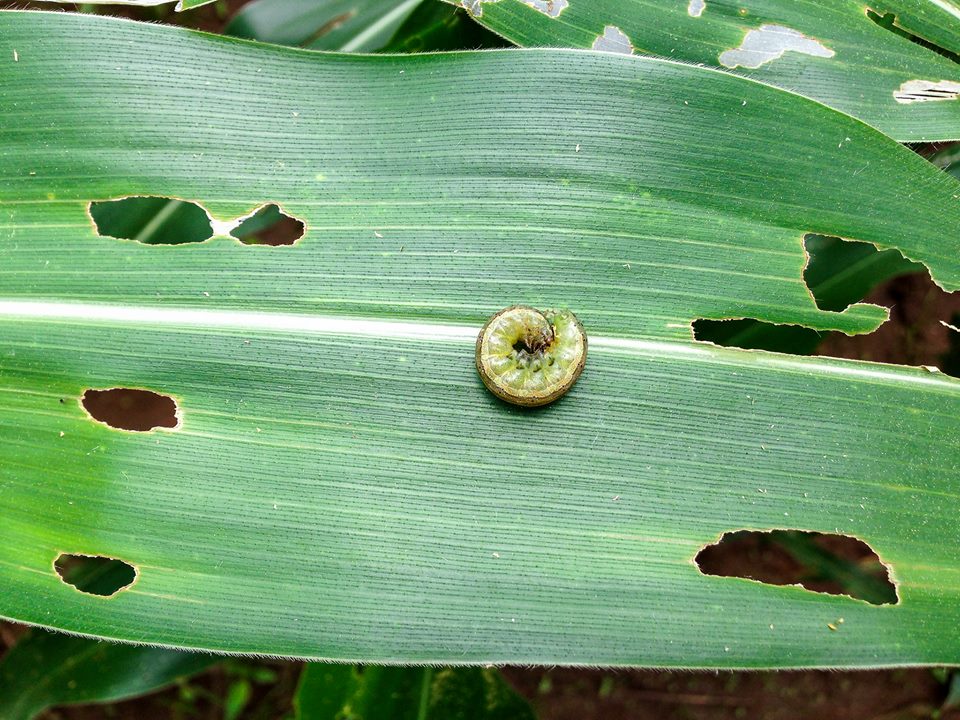Irish humanitarian aid agency GOAL has joined the International Maize and Wheat Improvement Center (CIMMYT) in the fight against fall armyworm, a devastating insect pest that experts say threatens the food security of millions of people in Africa.
The fall armyworm has caused significant damage to maize crops in sub-Saharan Africa since its arrival to the region in 2016.
A study on the impact of the fall armyworm in eastern Zimbabwe reveals that nearly 12% of crops are lost annually due to the infestation. And the study states that if the problem spreads throughout the entire country tonnes of grain to the value of $32 million could be lost.
GOAL Zimbabwe has now teamed up with CIMMYT to identify conditions that promote fall armyworm infestation in order to educate farmers on best practices to fight the problem.
Regular weeding, conservation agriculture, use of manure and compost, and ending pumpkin intercropping have been found to help prevent infestation.
Mainassara Zaman-Allah, co-author of the study and abiotic stress phenotyping specialist at CIMMYT says, “Given the limited coverage of the study in terms of area and season, it would be interesting to replicate it all over the country through the involvement of governmental agricultural departments, so that we get the full picture around the fall armyworm problem at a larger scale.”
Gift Mashango from GOAL Zimbabwe, says, “The fall armyworm has further worsened the food security situation of smallholder farmers who are already coping with an ailing economy and climate change. Besides the adverse effects posed to the environment by chemical methods of combating the pest, the smallholder farmer cannot afford to meet the associated costs, hence the need to come up with innovative cost-effective farming systems like climate smart agriculture.”












